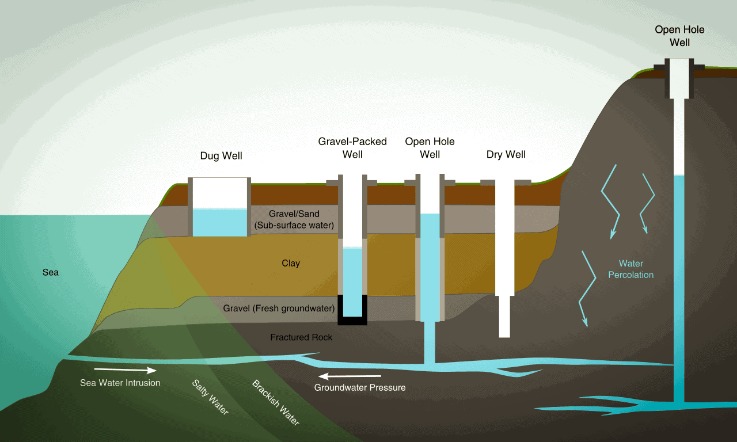Well construction is a crucial aspect of ensuring access to clean and safe drinking water for communities around the world. With advancements in technology and engineering, the process of well construction has evolved to be more efficient, cost-effective, and environmentally sustainable.
The Importance of Well Construction
**Well construction** plays a vital role in providing access to groundwater sources, which are essential for agriculture, industry, and domestic use. Properly constructed wells ensure that communities have a reliable and sustainable source of water, especially in regions where surface water may be polluted or scarce.
Read more about bohrbrunnen here.
Key Components of Well Construction
**Drilling**:
Read more about brunnenbau here.
**Casing**:
**Screen installation**:
**Grouting**:
Frequently Asked Questions about Well Construction
1. How deep should a well be drilled?
– The depth of a well depends on the location and geology of the area. In some regions, wells need to be drilled hundreds of feet deep to reach groundwater sources.
Read more about bodenerkundung here.
2. How long does it take to construct a well?
– The time it takes to construct a well varies depending on factors such as drilling depth, soil conditions, and project scope. On average, a well can be completed in a few days to a few weeks.
3. What are the benefits of well construction?
– Well construction provides a reliable and sustainable source of water, reduces dependency on surface water sources, and improves water quality for communities.
The Future of Well Construction
The future of well construction is focused on innovation and sustainability. Advancements in technology, such as remote sensing and data analytics, are being integrated into well construction processes to improve efficiency and reduce costs. Additionally, there is a growing emphasis on utilizing eco-friendly materials and practices to minimize the environmental impact of well construction.
Read more about schachtbrunnen here.
By embracing these advancements and practices, the future of well construction holds promise for ensuring water access for communities in need while promoting conservation and sustainability.
